Volcanic Ash For Skin: Benefits, How To Use, And Side Effects
Cleanse and detoxify your skin with the natural goodness of this earthy ingredient.
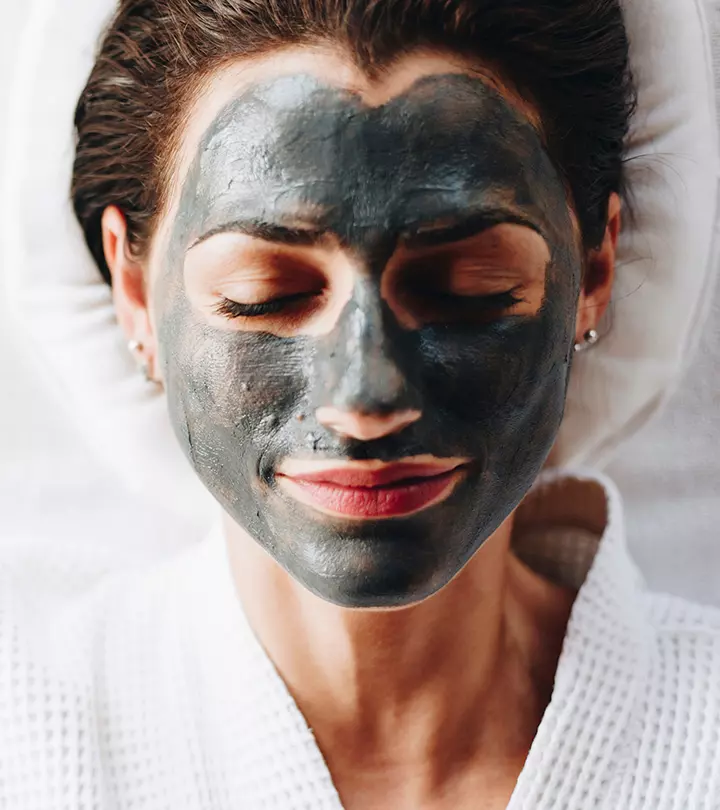
Image: ShutterStock
Volcanic ash could be one of the strangest ingredients you have come across in a skin care product. But is it a good idea to use volcanic ash for skin? ‘Yes’ is what many studies and experts say. Recently, it has also become a common ingredient in spa treatments. So, what benefits and risks does volcanic ash have on your skin? This article answers all your queries and explores the best ways to use it. Read on!
 Know Your Ingredient: Volcanic Ash
Know Your Ingredient: Volcanic AshWhat Is It?
The ash produced during volcanic eruption along with molten lava and gas.
What Are Its Benefits?
Exfoliates skin, fights infections caused by blocked pores, fights skin inflammation, and treats dermatitis.
Who Can Use It?
People with oily, acne-prone skin and irritated skin.
How Often?
Twice a week
Caution
Use volcanic ash products from reputed skincare companies. Don’t use direct volcanic deposits as unprocessed volcanic ash may cause respiratory and skin complications.
In This Article
What Is Volcanic Ash?
The ash produced along with molten lava and gases during a volcanic eruption is volcanic ash. It is made of tiny particles of rocks, minerals, and glass. It is known to contain calcium sulfate, kaolin, potassium, etc. When used in certain quantities, volcanic ash may benefit your skin and your overall health.
The most popular byproduct of volcanic ash is bentonite clay. This ingredient is common in volcanic ash masks and other topical products. Bentonite is not a mineral, but rather a generic word used for volcanic rocks taken from volcanic ash beds (1). It has been used as an ingredient in medicinal preparations for a long time.
 Did You Know?
Did You Know?Before exploring the many volcanic ash benefits for the skin, it is important to see what experts have to say.
Key Takeaways
- The most popular byproduct of volcanic ash is bentonite clay, and it is the key ingredient in volcanic ash face masks and other topical products.
- Volcanic ash can be used as an antibacterial exfoliant to clarify skin, and bentonite clay may help treat dermatitis, protect the skin barrier from toxic compounds, and protect the skin against sun damage.
- Products containing volcanic ash come in various formulations like face washes, face masks, and exfoliants.
Dermatologists’ Opinion On Volcanic Ash
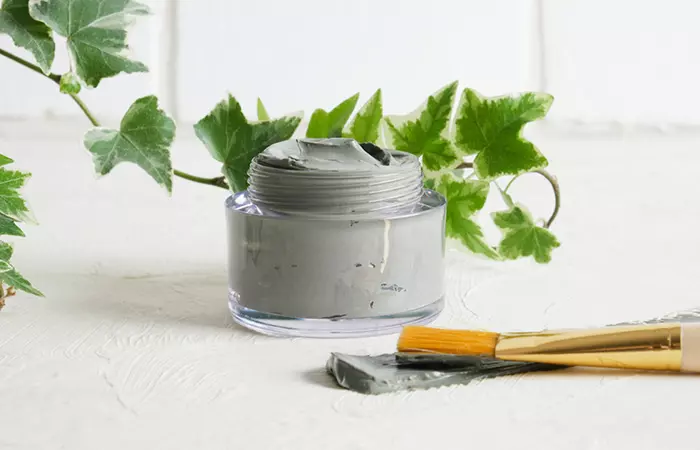
Some dermatologists approve of volcanic ash due to its antioxidant properties and its ability to promote collagen synthesisi Refers to the process of collagen production that occurs in specialized cells called fibroblasts. . Its mineral-rich content may also help heal wounds.
Certain skin care experts also believe that volcanic ash serves as an antibacterial exfoliant to clarify skin. This may be of benefit to those with oily skin.
While dermatologists seem to praise volcanic ash for its ability to cleanse the skin, they also caution about the ash’s potential to strip away the skin’s natural oils. Hence, it is important to maintain balance and choose the right type of formulation. In the following section, we discuss the important benefits of volcanic ash for skin.
Benefits Of Volcanic Ash For Skin
Research on the benefits of volcanic ash (or bentonite clay) is limited. Also, note that volcanic ash is used in skin care products only in low percentages. It is mixed with other moisturizing and nourishing ingredients. Using raw volcanic ash can be harmful.
The volcanic ash in skin care products may have the following benefits.
1. May Help Exfoliate Skin

Volcanic ash may absorb and attract substances. It is made of fine porous particles that enable it to remove dirt, impurities, and excess oils from the skin, which may cause inflammation and trigger acne.
2. May Offer Antimicrobial Benefits
Volcanic ash is said to possess antibacterial properties thanks to its sulfur content. It may help fight infections that may occur due to blocked pores.
3. May Fight Inflammation
It is thought volcanic ash may also fight skin inflammation. Inflamed skin is more likely to age sooner as collagen, the protein needed to keep skin healthy, diminishes (2).
The above benefits are claims made by various sources. They are not clinically proven yet. However, bentonite clay has certain proven benefits.
4. May Help Treat Dermatitis
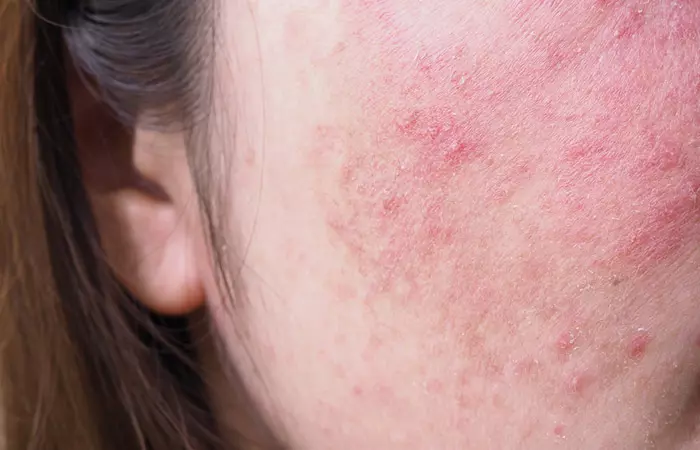
Contact dermatitisi An allergic skin reaction caused by contact with a potential irritant, like plants, fragrances, and metal. may be caused by poison oak and poison ivy. When used as a lotion, bentonite clay may help treat this type of dermatitis (3).
Bentonite was also observed to help those with chronic hand dermatitis when used in a moisturizing cream (4). Infants with diaper dermatitisi Inflammation of the skin under the diaper caused by prolonged exposure to urine and feces. were found to show a favorable improvement when bentonite-containing diaper creams were used on their skin (5).
5. May Protect The Skin Barrier
Bentonite clay may help protect the skin barrier from toxic compounds
(6). It may prevent such contaminants from getting transferred to the deeper skin layers. Also, sun lotions with certain portions of bentonite clay are more powerful in absorbing the highest levels of UV light than their commercially available counterparts (7).
6. May Help Heal Skin
Studies have found that montmorillonite (a major constituent of bentonite clay) may help heal skin lesions and ulcers (8). This may be attributed to its antimicrobial properties.
While more research is warranted regarding the benefits of volcanic ash, including it in your daily skin care routine seems to offer certain advantages. Here’s how you can make use of it.
How To Use Volcanic Ash For Skin
Products containing volcanic ash come in interesting formulations, allowing you to incorporate the ingredient into your skincare routine in many ways.
1. Face Washes
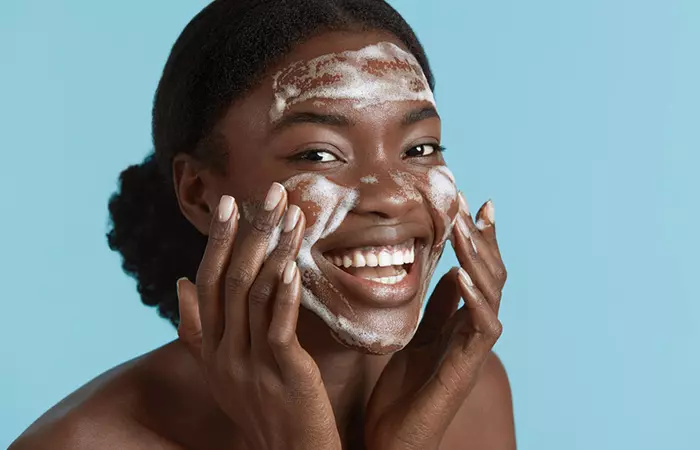
If a regular cleanse is what you are looking for, choose a facewash that contains volcanic ash powder. Be sure that it has other hydrating ingredients like glycerin or hyaluronic acid to ensure your skin does not dry out over time. This is probably best for those with extremely oily skin.
2. Exfoliators
You should use volcanic ash scrubs 2 to 3 times a week. Choosing an exfoliating formulation will thoroughly cleanse your face by removing dead skin cells. It leaves you with fresh, smoother skin.
3. Face Masks
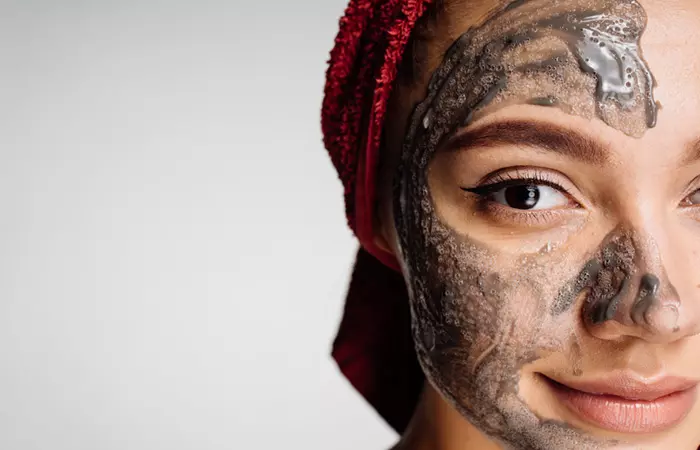
Go for a volcanic clay mask that is hydrating as well. Leave it on for a while and use it no more than twice a week, as you may risk drying your skin out.
If you are more inclined towards a DIY formula, try the homemade volcanic ash face mask.
You Will Need
- Bentonite clay powder
- Water
How To Make
1. Mix bentonite clay powder with some water to get a thick paste-like consistency.
2. Apply it evenly over your face.
3. Leave it on for about 20 minutes and rinse.
LaRie, a vlogger, shared her experience of using a mask made of bentonite clay and apple cider vinegar for her skin. She said, “I definitely noticed my skin looking a lot more refreshed after I do it (i).”
 Quick Tip
Quick TipApart from the methods discussed above, you may explore more easy ways to use bentonite clay for skin. However, before using volcanic ash or bentonite clay, it is important to be aware of its potential side effects as well. Scroll down to know more.
Side Effects Of Volcanic Ash
Unprocessed volcanic soil can be extremely dangerous as it may lead to respiratory and skin complications. Moreover, some volcanic ash skincare products can be contaminated by unwanted metals and deposits and may harm your skin.
Do not use volcanic ash deposits directly from the ground. Rather, you should always purchase the ingredient from a reputed skincare company. You are unlikely to experience any serious side effects when used in the recommended quantities.
Volcanic ash is often compared with activated charcoal. But which of the two is preferable?
Volcanic Ash Vs. Activated Charcoal
Activated charcoal is produced by superheating natural carbon sources. The ash left behind has toxin-absorbing properties that allow it to be used for detoxification. Activated charcoal does not get absorbed by the body. Similar to volcanic ash, it too has antibacterial and deep-cleansing properties.
However, volcanic ash has additional mineral properties that activated charcoal doesn’t. Hence, volcanic ash may be a better choice.
Can Volcanic Ash Clear Your Skin?
Volcanic ash clay may help treat certain skin conditions due to its antimicrobial, soothing, and exfoliation properties.
But it takes a combination of ingredients to help clear your skin. Hence, you must first understand the cause of your skin condition and treat it appropriately. Volcanic ash could be an addition to this treatment.
How Often Can You Use Volcanic Ash?
Follow the instructions on the product when using it topically. A DIY formula must not be used more than twice a week. Refrain from using multiple skin care products with volcanic ash as you may end up stripping your skin’s natural oils.
Consult your doctor prior if you accidentally ingest any product containing volcanic ash.
Infographic: Top 5 Reasons To Use Volcanic Ash For Your Skin
Volcanic ash has taken the skin care world by storm, making its way into products from face creams to masks and cleansers. This gentle yet potent cousin of clay and mud is a combination of sulfur and bentonite clay that can nourish the skin and improve its overall health. Check out the infographic below to learn why you should include this interesting ingredient in your skin care routine. Illustration: StyleCraze Design Team
Volcanic ash has become one of the latest ingredients in spa treatments for many reasons. It helps maintains your overall skin health, and you can use volcanic ash for skin care woes like dermatitis, UV damage, etc. It is mixed with other ingredients to exfoliate the skin, improve the skin barrier, fight inflammation, and provide antimicrobial benefits. While more research is warranted on the ingredient’s efficacy, people use volcanic ash in moderation to manage various skin care troubles. Choose the right product and follow the instructions to get the best results.
Frequently Asked Questions
Is volcanic ash safe for all skin types?
Volcanic ash is generally safe for most skin types, but it is important to consider your skin’s sensitivity. Those with very sensitive skin may want to do a patch test before full application. While volcanic ash is known for its exfoliating properties, excessive use can irritate sensitive skin.
How does volcanic ash compare to other natural ingredients for skincare?
Volcanic ash stands out due to its mineral composition. Unlike some other natural exfoliants, it is less abrasive. While other ingredients like honey and aloe vera focus on hydration and soothing, volcanic ash primarily targets impurities and dead skin cells.
Is volcanic ash cancerous?
Volcanic ash may contain crystalline silica that can cause a serious lung disease called silicosis, which may cause cancer. But most topical volcanic ash skin products either do not contain this compound or do so in minuscule amounts.
What nutrients are in volcanic ash?
Volcanic ash contains minerals like silica mineral, kaolin-group mineral, smectite, pyrophyllite, muscovite, alunite, anhydrite, gypsum, pyrite, K-feldspar, albite, and rutile.
Is volcanic ash acid or alkaline?
The pH level of volcanic ash is around 8.5-9, making it alkaline.
Does volcanic ash affect pH?
Volcanic ash has a high basic pH level of 9, but it is used in very small quantities in skin care products. However, the skin has an acidic pH level of below 5. To balance its pH level, you should use neutral or acidic products. But doing so can dry out the skin and leave its barrier function weak. That is why volcanic ash skin care products are only recommended for oily skin.
Illustration: Volcanic Ash For Skin: Benefits How To Use And Side Effects
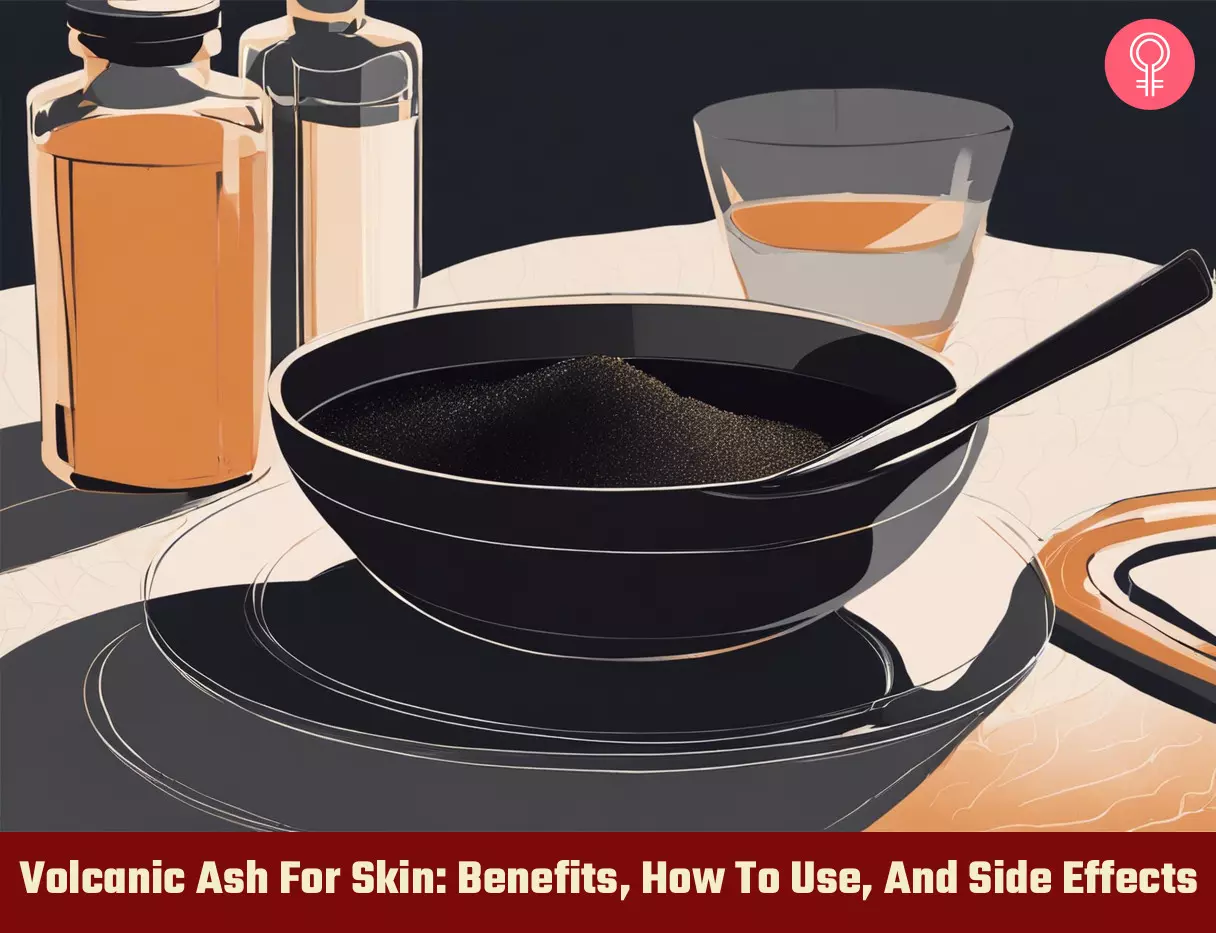
Image: Stable Diffusion/StyleCraze Design Team
Experience the power of a volcanic ash scrub! This natural skin care technique will leave your skin feeling refreshed and rejuvenated. Watch the video below for more details!
Personal Experience: Source
StyleCraze's articles are interwoven with authentic personal narratives that provide depth and resonance to our content. Below are the sources of the personal accounts referenced in this article.
i. BENTONITE CLAY FACE MASK | Recipe + How to Use It✨🧖🏾♀️✨https://www.youtube.com/watch?v=x40eL_s2YdU
References
Articles on StyleCraze are backed by verified information from peer-reviewed and academic research papers, reputed organizations, research institutions, and medical associations to ensure accuracy and relevance. Read our editorial policy to learn more.
- Evaluation of the medicinal use of clay minerals as antibacterial agents
https://www.ncbi.nlm.nih.gov/pmc/articles/PMC2904249/ - Role of PGE-2 and Other Inflammatory Mediators in Skin Aging and Their Inhibition by Topical Natural Anti-Inflammatories
https://www.mdpi.com/2079-9284/6/1/6 - Prevention of poison ivy and poison oak allergic contact dermatitis by quaternium-18 bentonite
https://pubmed.ncbi.nlm.nih.gov/7622647/ - A skin moisturizing cream containing Quaternium-18-Bentonite effectively improves chronic hand dermatitis
https://pubmed.ncbi.nlm.nih.gov/11685665/ - Comparing the effects of Bentonite & Calendula on the improvement of infantile diaper dermatitis: A randomized controlled trial
https://pubmed.ncbi.nlm.nih.gov/26831423/ - Evaluation of in vitro absorption decontamination and desorption of organophosphorous compounds from skin and synthetic membranes
https://pubmed.ncbi.nlm.nih.gov/23518320/ - Production of a Novel Mineral-based Sun Lotion for Protecting the Skin from Biohazards of Electromagnetic Radiation in the UV Region
https://pubmed.ncbi.nlm.nih.gov/25505763/ - Montmorillonite-chitosan-silver sulfadiazine nanocomposites for topical treatment of chronic skin lesions: in vitro biocompatibility antibacterial efficacy and gap closure cell motility properties
https://pubmed.ncbi.nlm.nih.gov/24507371/
Read full bio of Dr. Priya Gill
Read full bio of Arshiya Syeda
Read full bio of Ramona Sinha
Read full bio of Monomita Chakraborty





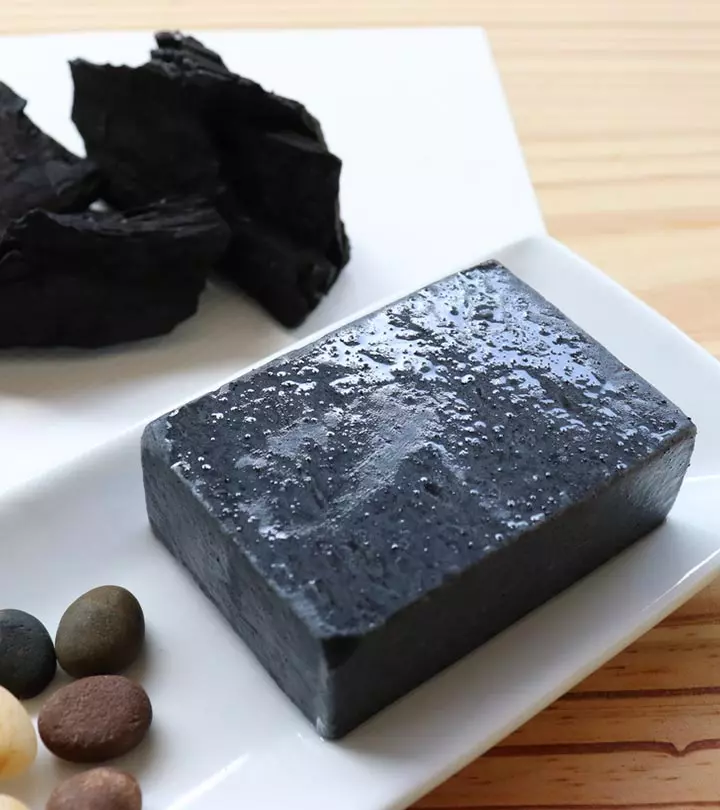

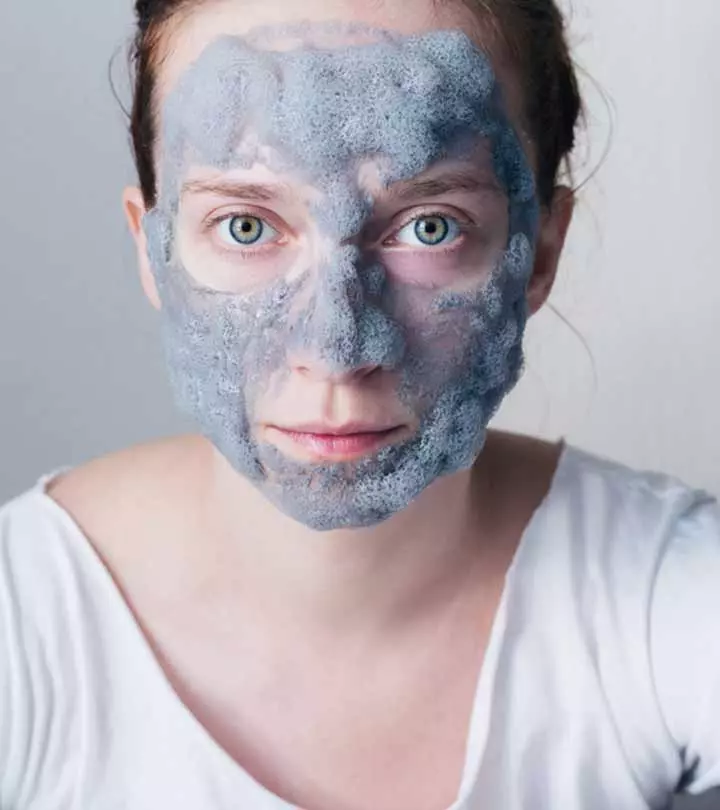
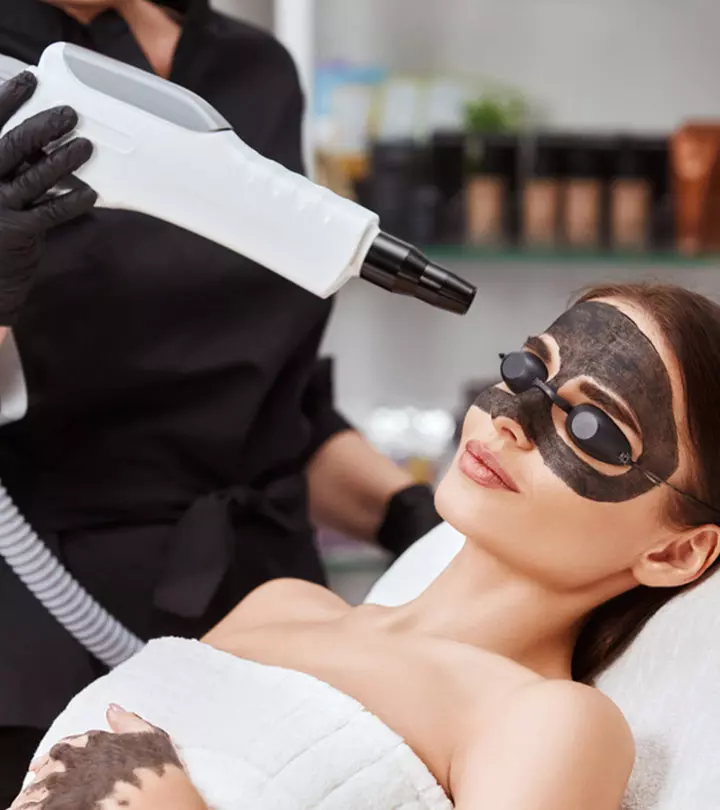
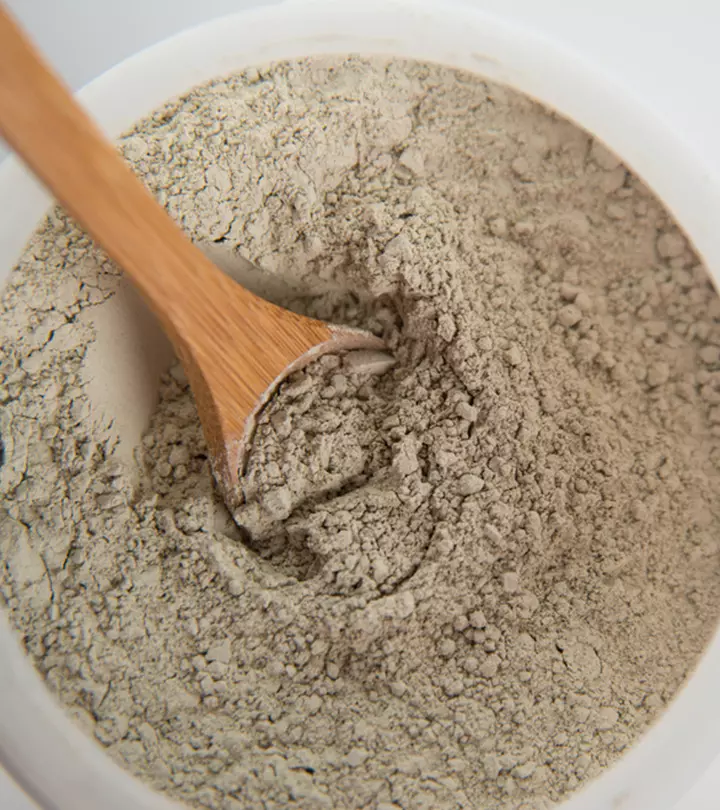
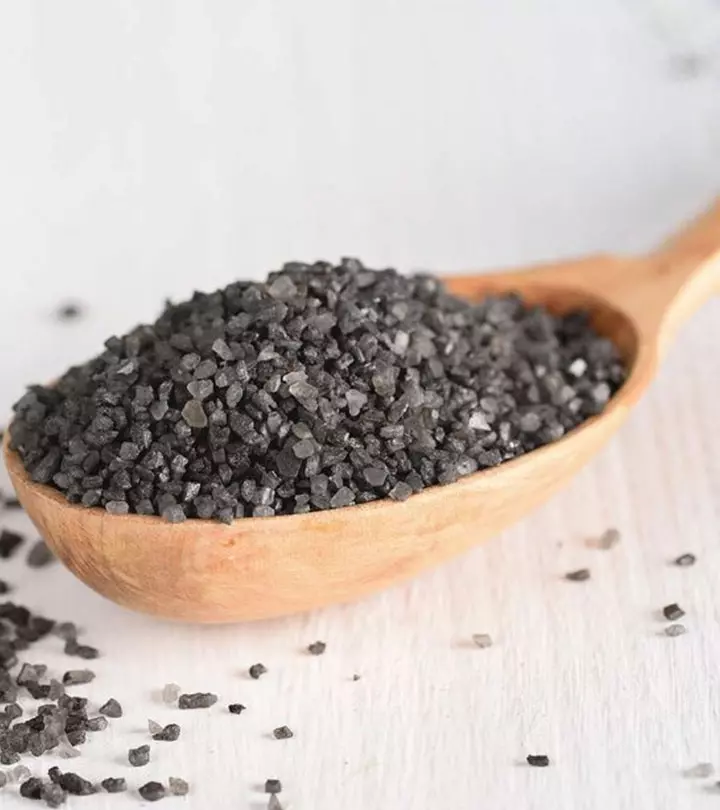
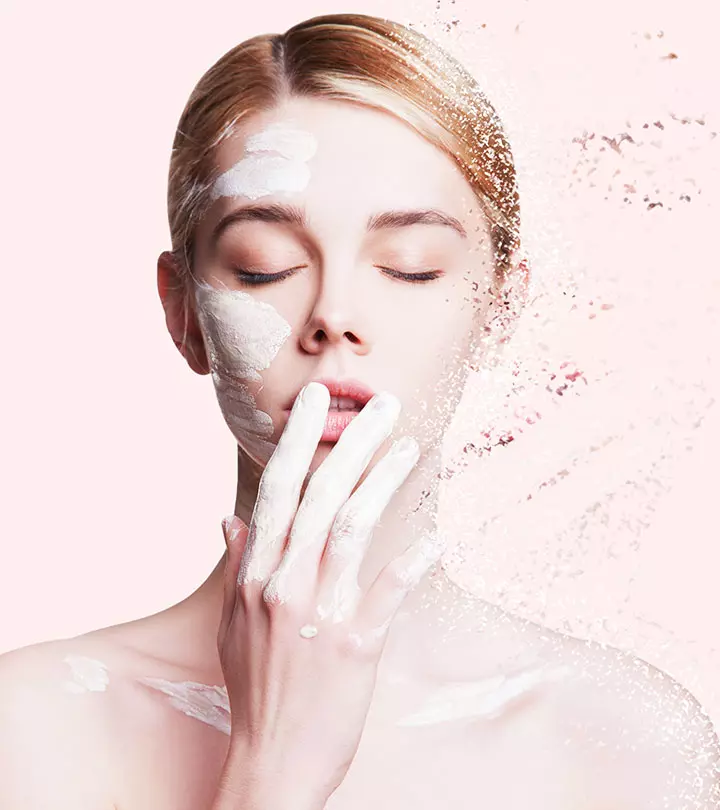
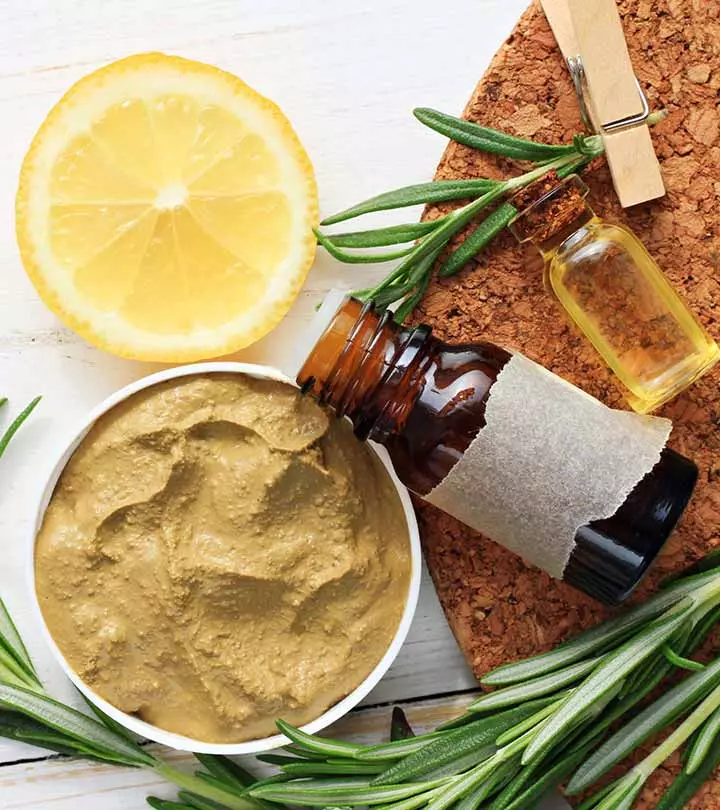
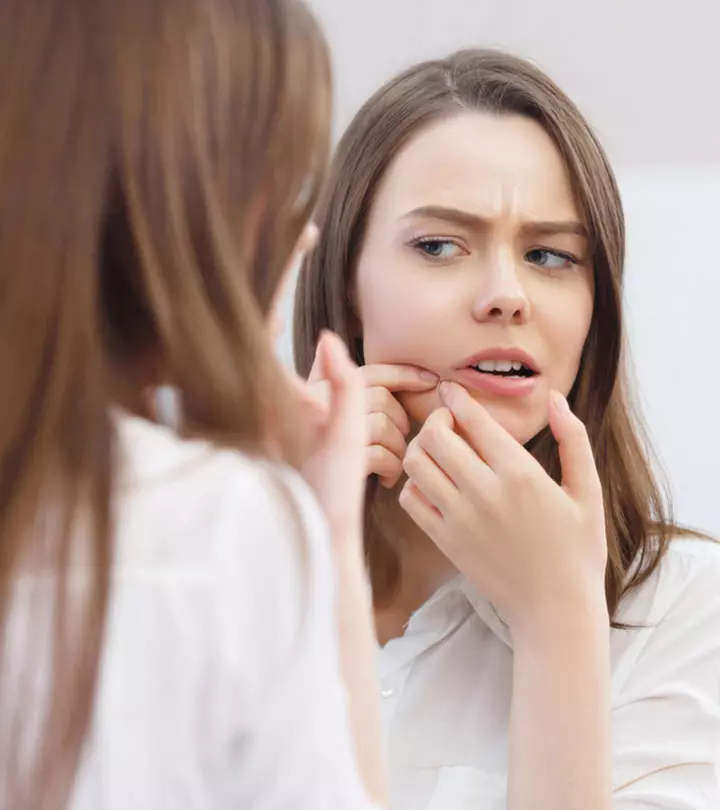

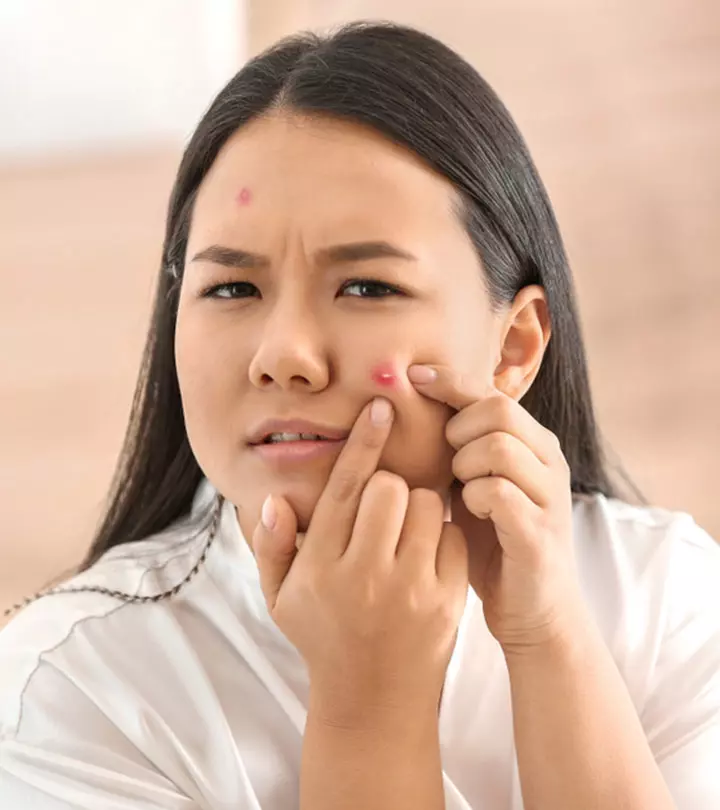

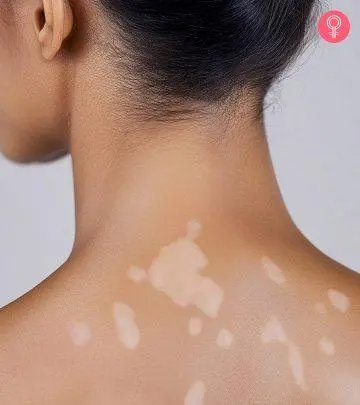

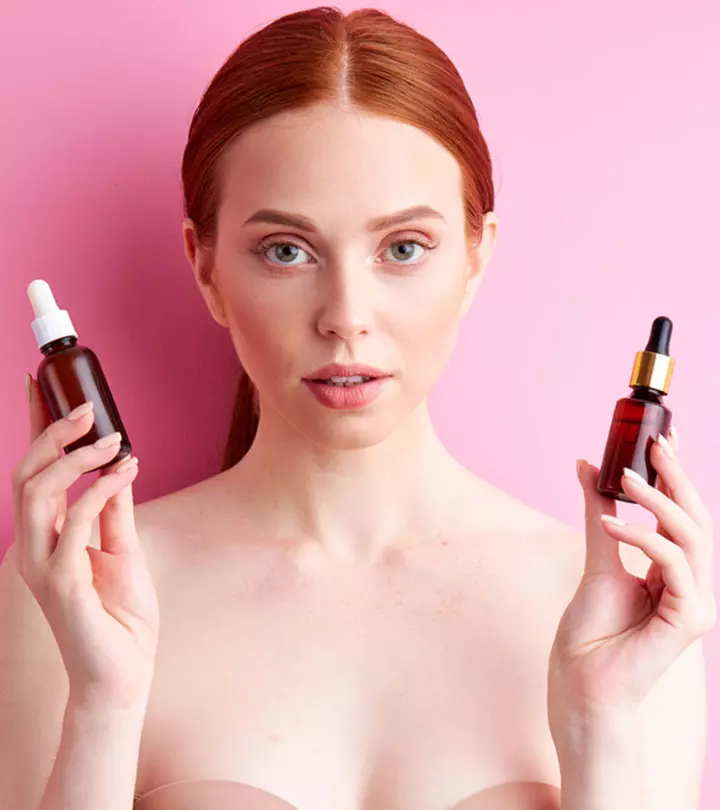
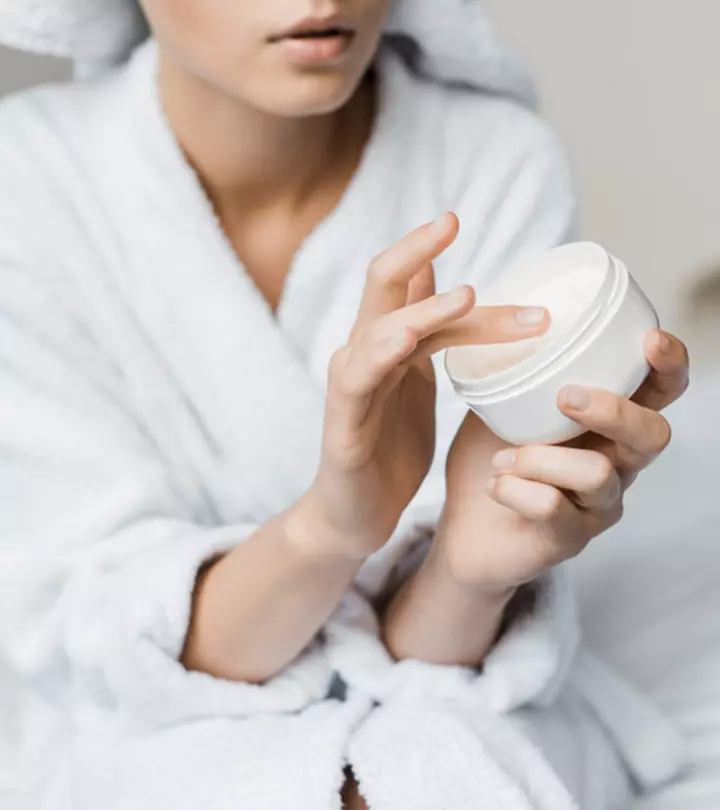



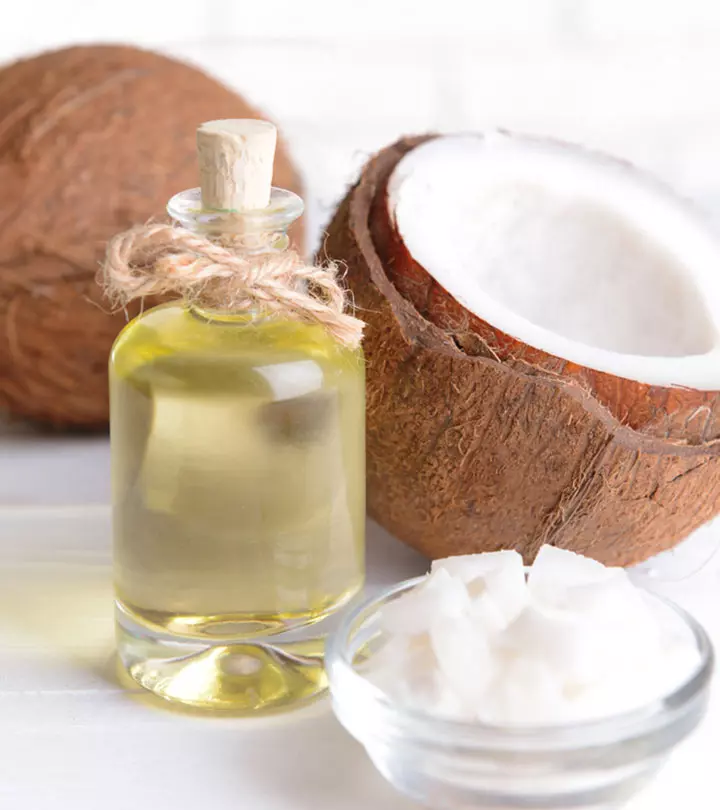
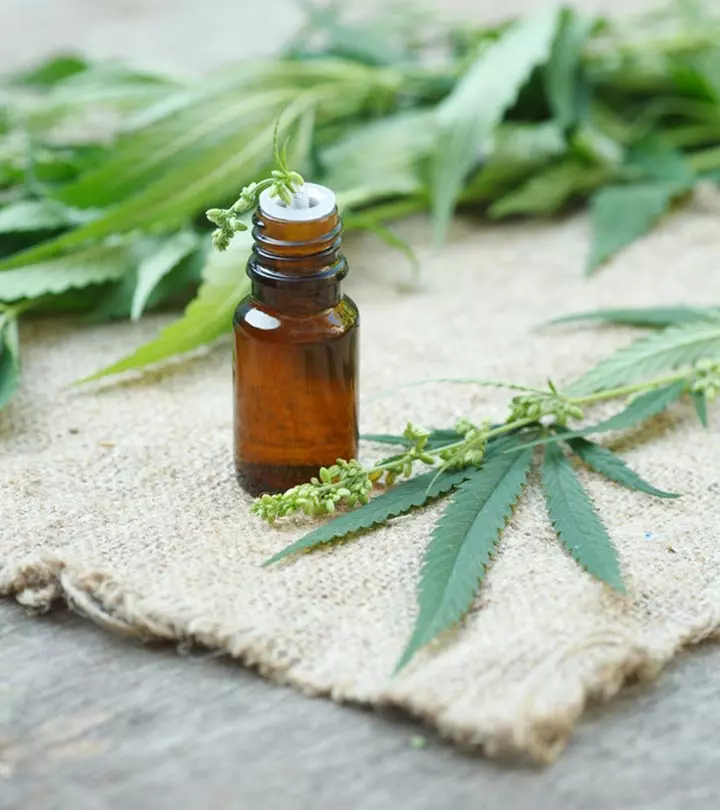
Community Experiences
Join the conversation and become a part of our empowering community! Share your stories, experiences, and insights to connect with other beauty, lifestyle, and health enthusiasts.